Violence doesn't have a race, a class, a religion, or a nationality, but it does have a gender
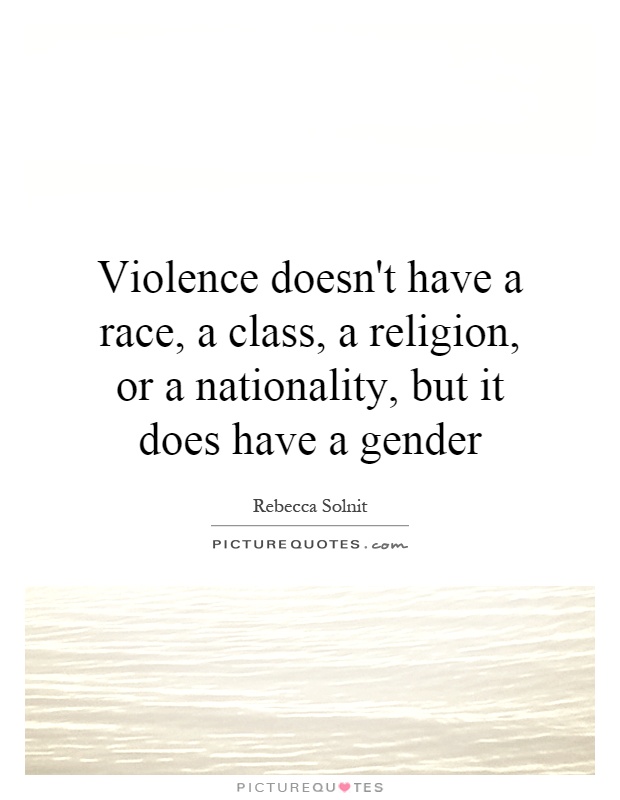
Violence doesn't have a race, a class, a religion, or a nationality, but it does have a gender
In her book "Men Explain Things to Me," Rebecca Solnit explores the concept of violence and its intersection with gender. She argues that while violence itself does not have a race, class, religion, or nationality, it does have a gender. Solnit's assertion is a powerful reminder of the ways in which gender plays a significant role in the perpetuation of violence in society.One of the key points that Solnit makes is that violence is often gendered, with men being the primary perpetrators of violence. This is not to say that women are never violent, but rather that the overwhelming majority of violent acts are committed by men. This gendered nature of violence is deeply ingrained in our society, with traditional notions of masculinity often equating strength and power with aggression and dominance.
Solnit also highlights the ways in which gendered violence is perpetuated and normalized in our culture. From the objectification of women in the media to the prevalence of domestic violence, gendered violence is all too common in our society. This normalization of violence against women can have devastating consequences, perpetuating a cycle of abuse and trauma that can be difficult to break.
Furthermore, Solnit argues that gendered violence is often overlooked or dismissed by society. Women who speak out about their experiences of violence are often silenced or not taken seriously, further perpetuating the cycle of abuse. This lack of recognition and support for victims of gendered violence can have serious consequences, leading to feelings of isolation and helplessness.
Overall, Solnit's exploration of gendered violence serves as a powerful reminder of the ways in which gender intersects with violence in our society. By acknowledging and addressing the gendered nature of violence, we can work towards creating a more just and equitable society for all.
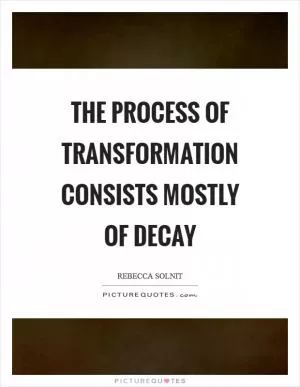
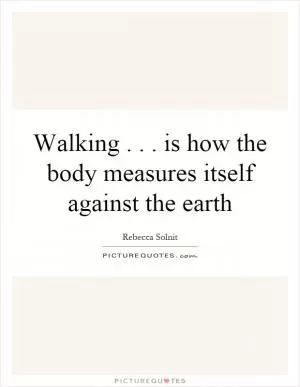
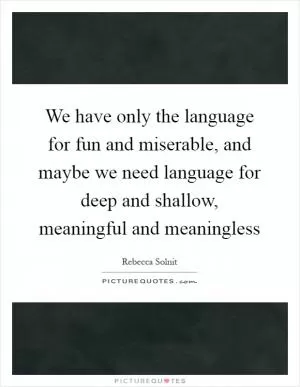

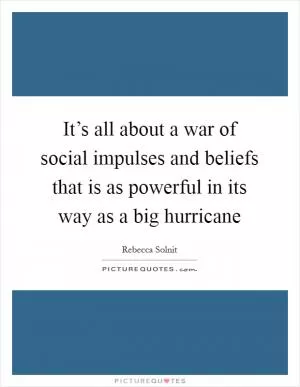
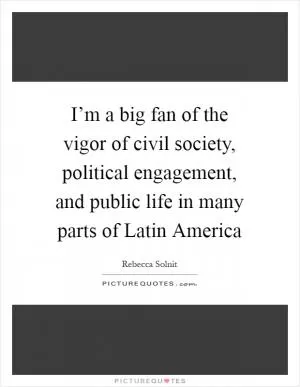
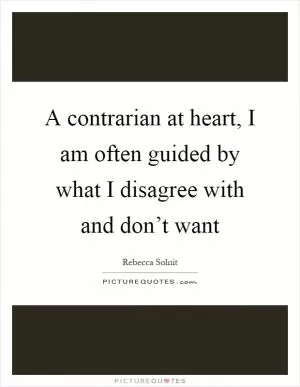
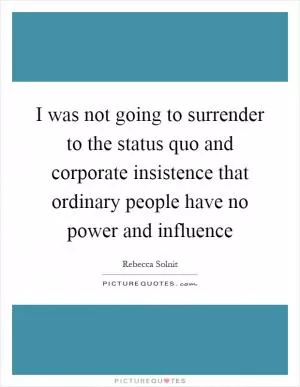
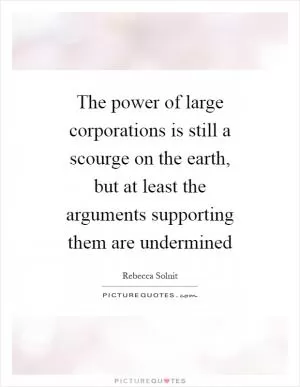
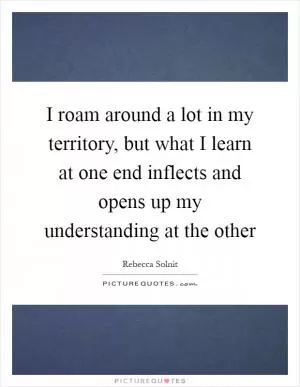


 Friendship Quotes
Friendship Quotes Love Quotes
Love Quotes Life Quotes
Life Quotes Funny Quotes
Funny Quotes Motivational Quotes
Motivational Quotes Inspirational Quotes
Inspirational Quotes